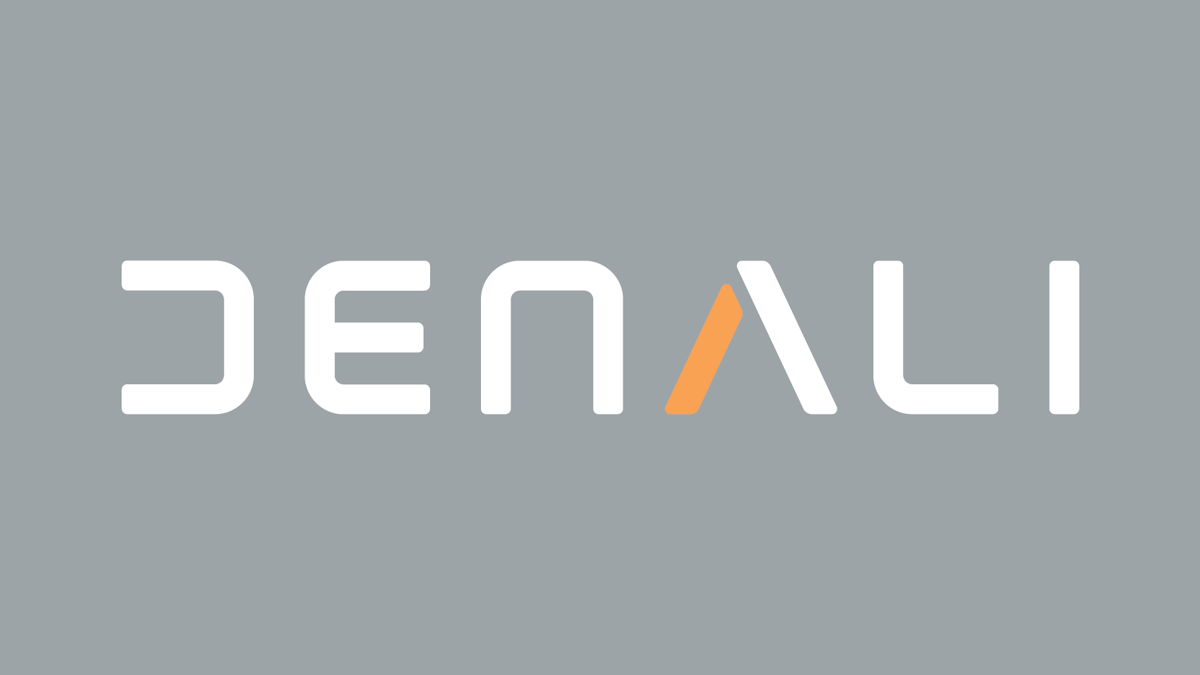Denali's ALS programme suffers another setback

Prospects for Denali Therapeutics' experimental medicine for amyotrophic lateral sclerosis have taken another tumble after the drug generated disappointing biomarker data in a clinical trial.
The South San Francisco biotech revealed in January that eIF2B agonist DNL343 was unable to slow disease progression or increase survival compared to placebo at 24 weeks in Regimen G of the phase 2/3 HEALEY ALS study, which is testing a series of different drugs and regimens for the devastating neurodegenerative disease.
Now, Denali has revealed in a stock exchange filing that the drug was also unable to show a treatment effect on neurofilament light (NfL), a surrogate marker for neuronal damage in ALS, either in the double-blind, 24-week stage of the trial or an additional 28-week open-label extension.
"Based on these outcomes, the active treatment extension in Regimen G will be discontinued," said the company in its filing.
"Overall, DNL343 was found to be safe and well tolerated [and] data from Regimen G will be presented at a future medical meeting," it added. "Denali intends to assess potential future development opportunities for DNL343."
It is the second disappointing readout for the biotech in the neurodegenerative disorder in the last year, coming after Sanofi-partnered RIPK1 inhibitor SAR443820 missed the mark in the HIMALAYA trial, causing the partners to discontinue testing in ALS, although the drug remains in development for multiple sclerosis.
Shares in the company remained largely unmoved by the new revelation, suggesting that investors have already factored in the potential demise of DNL343, but the stock is now trading at around half the level of its 52-week high.
The company remains on track to file for accelerated approval of its Hunter syndrome candidate tividenofusp alfa (DNL310) based on phase 1/2 data early this year, with a potential launch in late 2025 or early 2026, and recently reported positive phase 1/2 data with its Sanfilippo syndrome drug DNL126.
Nevertheless, the new disappointment with DNL343 is another major disappointment to ALS patients, who have limited drug treatment options at present, particularly after one FDA-approved therapy – Amylyx's Relyvrio/Albrioza (sodium phenylbutyrate/taurursodiol) – was pulled from the market last year.
At the moment, patient options are limited to Mitsubishi Tanabe's Radicava (edaravone) and generic drug riluzole (sold as Rilutek by Sanofi), and Biogen's Qalsody (tofersen), the latter only if they have a genetic form of ALS associated with a mutation in the SOD1 gene.












